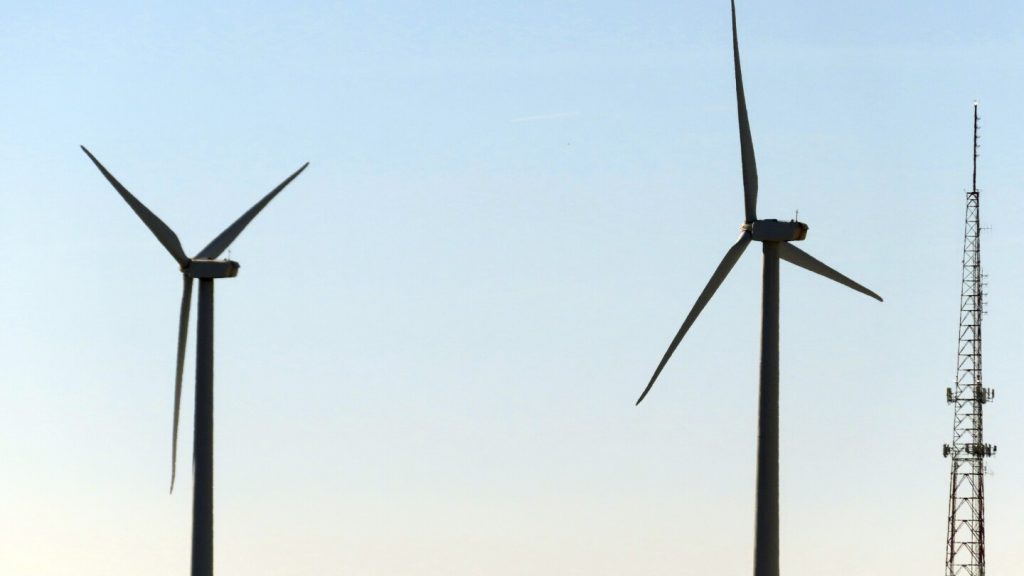Danish wind farm developer Orsted has reached a settlement with New Jersey to pay $125 million to resolve claims related to the cancellation of two offshore wind farms last year. The state plans to use the funds to support investments in wind energy facilities, component manufacturing facilities, and other clean energy programs. Before canceling the projects, Orsted had put up a $100 million guarantee for one of the wind farms to be built by the end of 2025 and was obligated to pay an additional $200 million toward the development of the offshore wind industry in New Jersey.
Following the cancellation of the projects, Orsted expressed its satisfaction with the settlement, stating that it represents the company’s total financial obligation to the state. The agreement, along with other moves announced by New Jersey, highlights the state’s commitment to offshore wind and the industry’s future in New Jersey. However, environmentalists like Jeff Tittel criticized the settlement, calling it a “sellout” as Orsted will be paying less than the full amount owed to the state, resulting in New Jersey losing $175 million in the deal.
In addition to the settlement with Orsted, New Jersey announced several other developments related to offshore wind on Tuesday. The state is advancing the next solicitation for additional offshore wind projects from the third quarter of 2026 to the second quarter of 2025. New Jersey is also pausing plans to coordinate power transmission planning for offshore wind projects with the regional grid operator, PJM Interconnection, due to new federal energy regulations that could impact planning and costs. Governor Phil Murphy emphasized the economic and environmental benefits of offshore wind development in the state.
Orsted incurred a $4 billion write-off last fall primarily due to costs associated with the cancellation of its New Jersey projects. The company mentioned supply chain issues, inflation, and a lack of government tax credits as contributing factors. Despite the setbacks, there are currently three preliminarily approved offshore wind projects in New Jersey. However, opposition to offshore wind remains strong in the state due to concerns about costs and potential harm to the marine environment. Supporters argue that offshore wind projects are crucial for transitioning away from fossil fuels and combating climate change.
Overall, the settlement between Orsted and New Jersey, along with the state’s continued commitment to offshore wind development, reflects the ongoing efforts to expand clean energy initiatives in the region. The industry is seen as a significant opportunity for economic growth and environmental sustainability in New Jersey. With the shifting political landscape and increasing focus on clean energy goals, offshore wind projects are expected to play a vital role in reducing carbon emissions and creating new job opportunities in the state.


